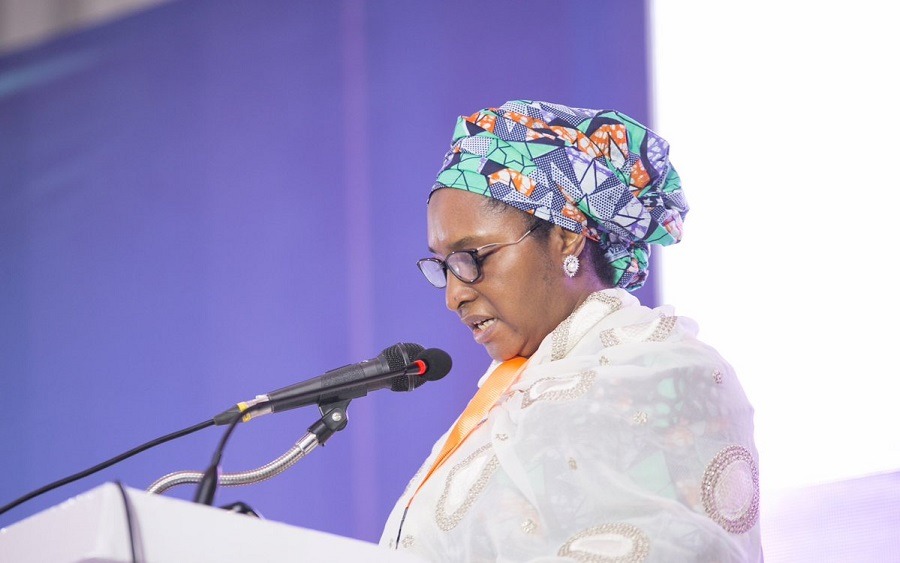Economy
Nigeria’s Debt, Personnel Gulp N6.46 Trillion in Cost in 2020 -Finance Minister

Nigeria’s Debt, Personnel Gulp N6.46 Trillion in Cost in 2020 -Finance Minister
The Minister of Finance, Budget and National Planning, Mrs Zainab Ahmed, has said Nigeria spent a total of N6.46 trillion on both debt servicing and personnel in 2020.
The Minister disclosed this while virtually presenting the 2021 Federal Government approved budget.
Providing clarification on 2020 expenditure, she said N3.27 trillion was spent on debt servicing while N3.19 trillion was spent on personnel cost, including pensions.
She said “Of the expenditure, N3.27tn was for debt service and N3.19tn for personnel cost, including pensions.
“As at year end 2020, N1.80tn had been released for capital expenditure, that is, about 89 per cent of the provision for capital.”
She further stated that the nation’s economy is becoming less dependent on crude oil as the contribution from the oil sector only accounts for 30 percent of the 2021 funding.
Ahmed explained that 70 percent of the funding for the 2021 budget would coming from the non-oil sector.
Ahmed said, “In aggregate, 30 per cent of projected revenues is to come from oil-related sources, while 70 per cent is to be earned from non-oil sources.
“This, therefore, shows that the Nigerian economy is gradually becoming less dependent on oil. Overall, the size of the budget has been constrained by our relatively low revenues.”
She puts Nigeria’s total budget deficit at N5.6 trillion in 2021, accounting for 3.39 percent of the nation’s total Gross Domestic Product (GDP).
According to Ahmed, the budget deficit would be financed mainly by borrowings as N2.34 trillion would be borrowed from domestic and foreign sources each, N709.69 billion from multilateral and bilateral loan drawdowns, while privatisation proceeds would provide N205.15 billion.
Ahmed said, “Recurrent (non-debt) spending, estimated to amount to N5.99tn, is 44.1 per cent of total expenditure, and 13.3 per cent higher than 2020 revised estimates (mainly reflecting increases in salaries and pensions).
“Aggregate capital expenditure of N4.37tn is 32.2 per cent of total expenditure; and 62.9 per cent higher than the 2020 revised budget (inclusive of capital component of statutory transfers, GOEs capital and project-tied loans expenditures).”